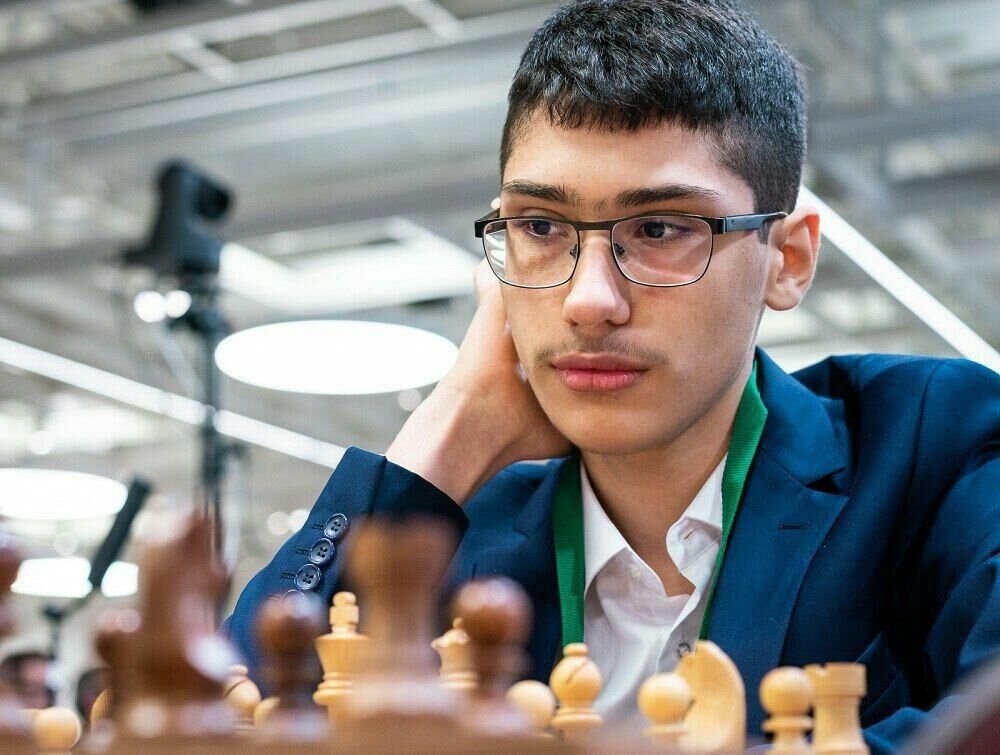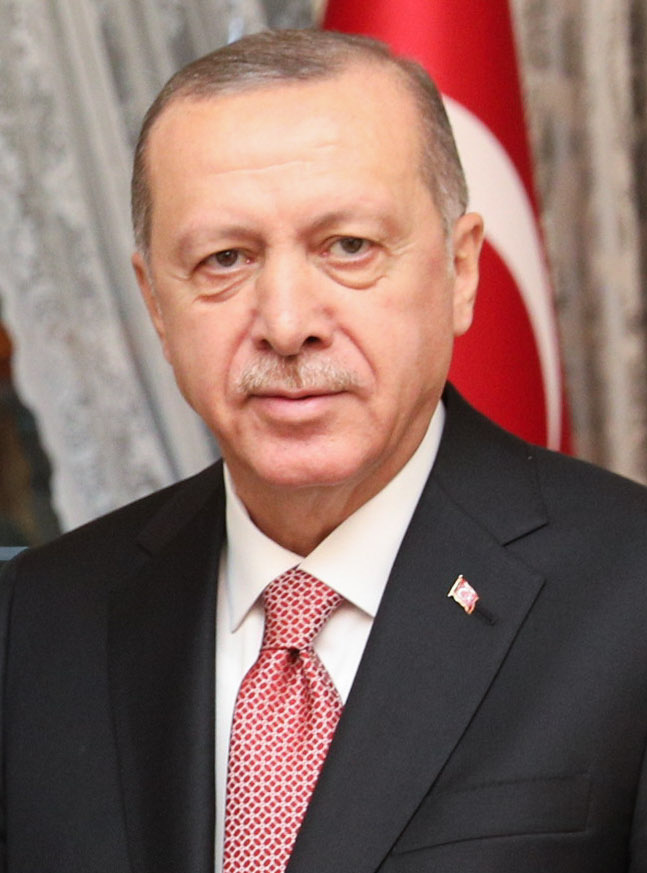December 25 2020

Iran’s chess federation has avoided suspension from the International Chess Federation (FIDE) when its General Assembly voted 7-to-1 to continue on a diplomatic path—for now.
Iran’s ban on its players facing Israelis was discussed December 6 at FIDE’s 91st General Assembly. The topic had been placed on the agenda by English Chess Federation delegate Malcolm Pein and FIDE Vice President Nigel Short, who also is British. They introduced a motion that stated:
“Failure of the Iranian Chess Federation to instruct their players to compete against all countries in FIDE at any time with effect from 1 January 2021, or any future boycott from that date by an Iranian player of another player at the request or instigation of the Iranian Chess Federation, shall result in a mandatory suspension of the Iranian Chess Federation from all FIDE activities by the FIDE Council, subject to confirmation by the General Assembly.”
As in other sports, Iranian chess players are forbidden to compete against Israeli players. An Iranian player usually forfeits the game if paired against an Israeli opponent. In the past, a pairing was often avoided by chess organizers.
There have been examples of Iranian chess players being penalized by Iran for facing an Israeli opponent over a chessboard. One case was Borna Derakhshani, who did play against Israeli Alexander Huzman at the 2017 Gibraltar Chess Festival.
The Iranian chess federation prohibited Derakhshani from representing his national team or playing future events inside Iran. They took the same measures against Borna’s sister, Dorsa, the number two female player in Iran at the time, for not wearing a headscarf during the same event.
How sensitive the issue is in Iran became more clear when Parham Maghsoodloo and Amin Tabatabaei played against Israeli players—without knowing their nationality—at an informal night blitz event last December.
The Iranian Sports Ministry and chess federation then decided to cancel the participation of their male chess players in the World Rapid and Blitz 2019, which resulted in Alireza Firouzja, currently one of the biggest talents in chess, deciding to stop representing Iran. He played under the FIDE flag in that event and still does.
The Chess Federation of Iran responded to Pein and Short’s motion, saying they have “never violated the Olympic charter.” The statement continued: “Please noted [sic] that in Iran there is no prohibiting law for not competing with any other country and this is a personal beliefs [sic] of the players who do not participate in some matches.”
During the December meeting, Short asked Iranian delegate Farhad Nikoukhesal directly whether he would allow Iranians to face Israeli opponents “yes or no.” The delegate did not provide a clear answer.
Meanwhile, FIDE President Dvorkovich presented a milder motion in which Iran, together with all other national federations, is called upon to instruct its players to respect the principles of the Olympic movement and the FIDE Charter.
Furthermore, Iran is urged “to make sure there are no further incidents of boycotts, in particular at FIDE official events; that officials and players refrain from making comments of a discriminatory nature; and that the federation website is no longer used as a medium to express political views that are in conflict with the FIDE Charter.”
While Dvorkovich removed the direct threat of suspension for Iran, his motion did not. It said, “While supporting diplomatic ways to resolve the remaining differences, the FIDE General Assembly gives full authority to Council to impose any necessary and proportionate restrictive measures on the [Iranian federation] and/or its officials should the circumstances warrant such actions.” The effect was to give the Council, the day-to-day governing body, the authority to suspend Iran at any time.
Pein and Short withdrew their motion and expressed their support for Dvorkovich’s motion, with Pein describing it as “a yellow card, not a red card” for Iran. By a 7-to-1 margin, the General Assembly then accepted the motion with 80 delegates voted in favor, 12 against, and 15 abstaining.
In Tehran, a Pasdar news outlet described the decision in terms the opposite of reality. Rah-e Dana said, “The British conspiracy against Iran has been discredited.” It quoted Mohsen Samizadeh, secretary of the Iranian Chess Federation, as saying, “Mr. Nigel Short’s plan was completely rejected and the suspension issue was not discussed at all.”























